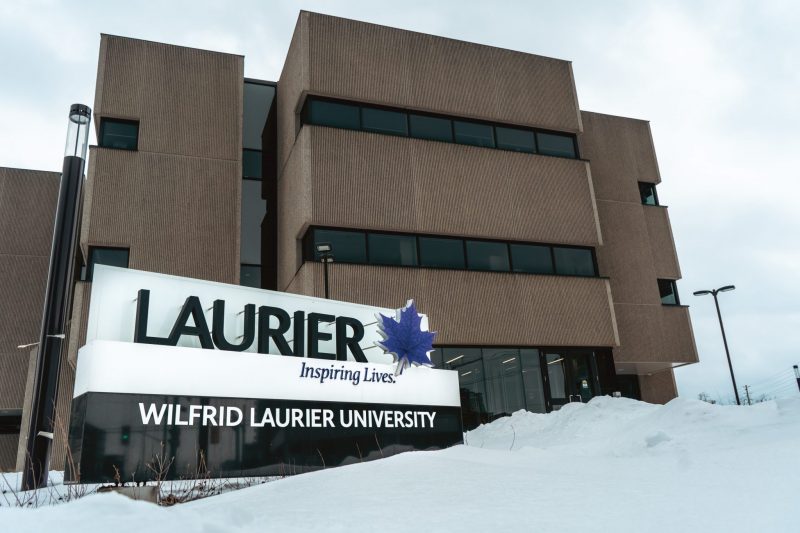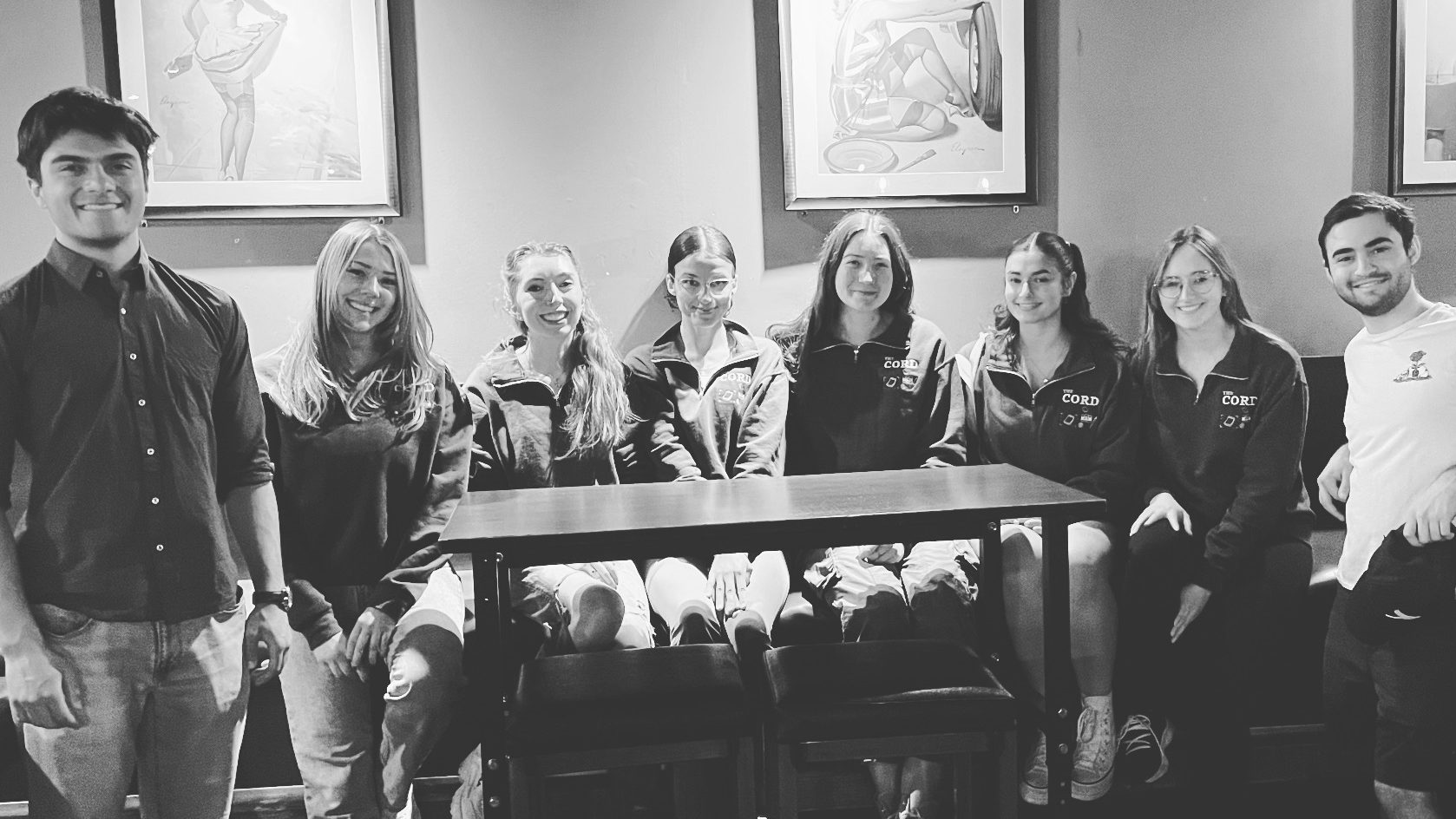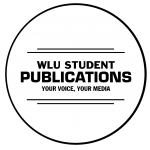
People all around Canada are feeling the effects of the growing cost of living and increased food costs. Communities at Wilfrid Laurier University are no different. In the circumstance that a student at Laurier experiences food insecurity, they have access to a number of free or low-cost options.
The Student Food Bank at Wilfrid Laurier University is run by the Students’ Union and offers students up to five free food packages every semester. Canned fruit and vegetables, beans, pasta and sauce, and rice dishes fill bag that can feed a whole family for a week. Care packages of food may be modified to accommodate certain diets. Hygiene and period care goods are also sometimes available from the Student Food Bank .
At Laurier’s Waterloo location, they also provide a hot meal service for those in need. Credits are added to students’ OneCards via the service, which may then be used in the cafeteria. Laurier Food Services and the OneCard Office collaborate to provide this hot lunch option. In order for students to participate in the emergency hot meal program or get a food box, they must first fill out an online request form. As soon as they get a request, they assign it to a group of student volunteers who complete it within two to three business days. When a student’s package is available for pickup, an email alert will be sent.
The Students’ Union provides financial support to the Student Food Bank. The SU-Desks in the 2-4 Lounge in Waterloo and the Student Services Building in Brantford are happy to accept donations of nonperishable food items and personal care items.
The Wellness Education Centre (WEC) at P111 in the Peters Building on the Waterloo campus and the Student Wellness Centre (SWC) on the Brantford campus both provide free fresh fruit every Friday from 10 a.m. to noon. Up to Mar.31, 2023, Fridays will be Fresh Fruit Fridays.
“Many students face difficulties obtaining adequate nutrition due to a lack of resources and the lack of knowledge about how to improve their financial situation. Helping students in crisis and guiding them toward long-term stability is what we do best, thus we provide a wide range of services to achieve this goal,” Andrew Spring, professor at Wilfrid Laurier University in geography and environmental studies, specializing in food security,, said.
Two ways to combat these insecurities are to save money and increase their earning potential.
“Despite rising living costs due to inflation and other factors, funding for graduate students has been stagnant for decades,” Spring says.
Students don’t often get financial literacy instruction in high school, and that can sometimes worsen during the transition to university life. As a student, it is helpful to have a financial plan and be aware of easily accessible resources and services. A lot of students at Laurier go hungry because they can’t afford to buy food, but financial literacy specialist Cherish Hwang is here to assist them. Hwang can help with short-term money issues, budgeting, grants and scholarships.
“This is a symptom of a more systemic problem, particularly with regard to fiscal planning or the distribution of wealth. Food insecurity, job placement programs, registering for this financial necessity, collaborating with a researcher, gaining experience, and earning money are just a few of the options available.” Spring said.
Due to the detrimental effects on physical, emotional and social health as well as the high costs to the healthcare system, food insecurity is a major issue in Canada. There is no magic solution for this systemic problem, but with Laurier’s initiatives to fight food insecurity, students can make themselves less likely to experience food insecurity.
Community Resources:
Laurier students can also access these community-based resources in Waterloo Region;







Leave a Reply
You must be logged in to post a comment.